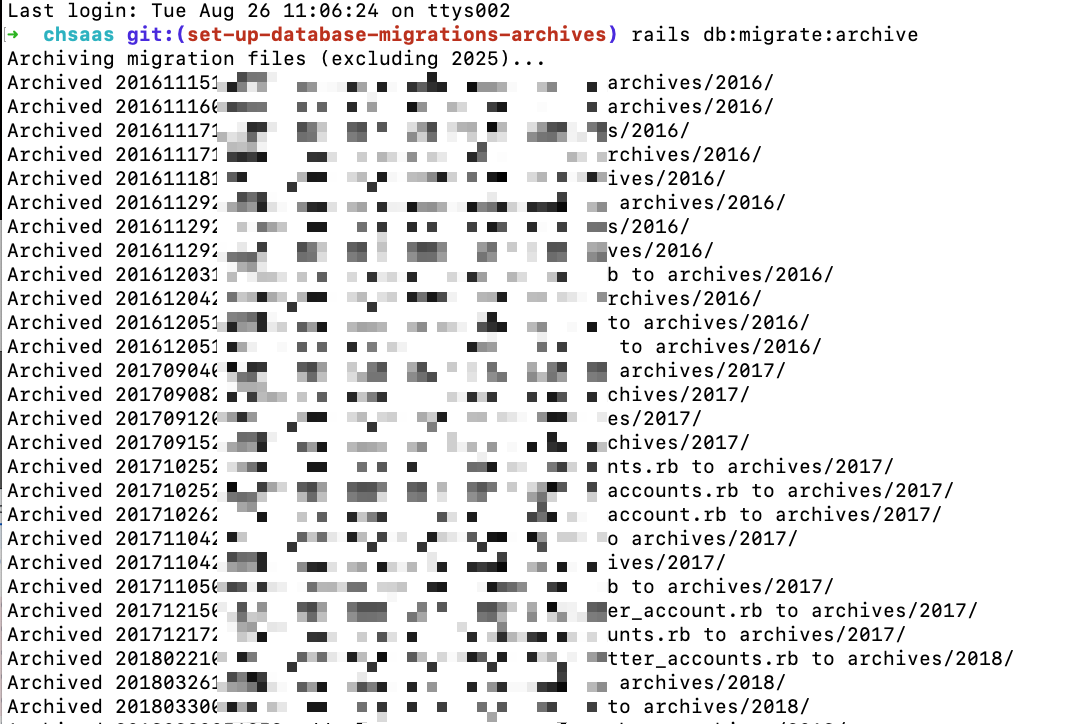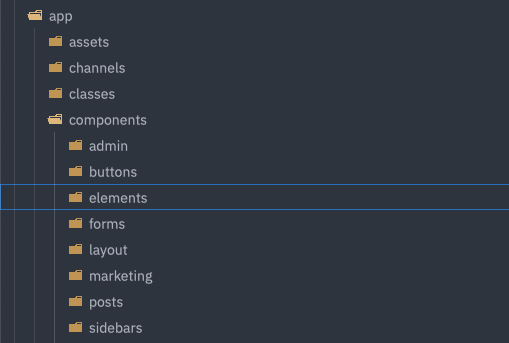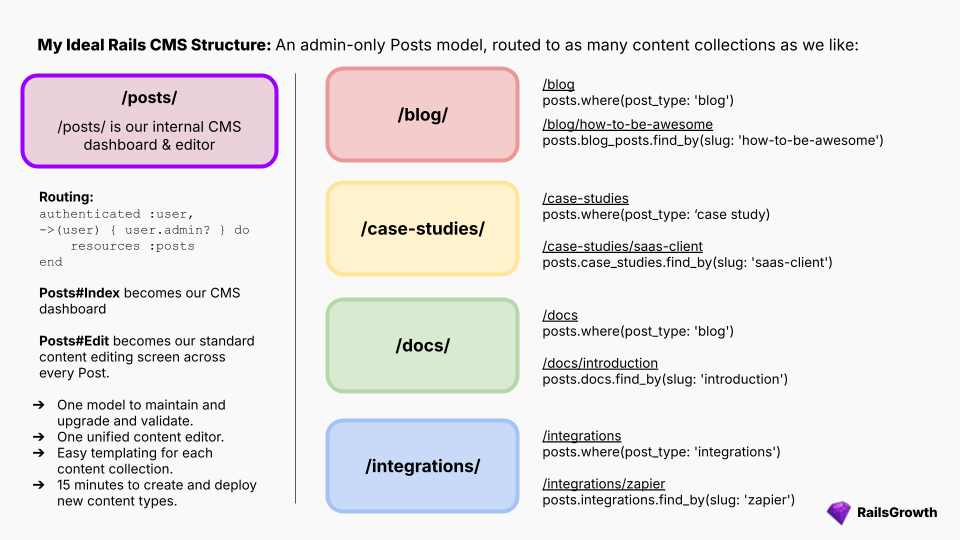How to Test SEO Meta Tag Requirements in RSpec
Recently I have been testing various SEO requirements in a Rails app that uses Rspec.
After copy and pasting expect(page).to have_css "meta[name='robots'][content='noindex']", visible: :hidden for the 5th time it was clear I needed to build out some helper commands that were simpler and more clear.
I came up with the following SEO Helper that lives at spec/support/seo_helper.rb.
These tests are primary checking for meta tags. So if you want to verify other requirements like presence in sitemaps that isn't currently covered by this helper.
If you use this in your own app, you'll need to possibly modify values. For instance when we set meta robots to noindex, if you only set a value of noindex as opposed to noindex, follow, you might need to change that value.
# spec/support/seo_helper.rb
module SEOHelper
# Check if the page has indexable meta robots tag
def expect_that_page_is_indexable
expect(page).to have_css "meta[name='robots'][content='index, follow']", visible: :hidden
end
# Check if the page has non-indexable meta robots tag
def expect_that_page_is_noindexed
expect(page).to have_css "meta[name='robots'][content='noindex, follow']", visible: :hidden
end
# Check that canonical URL path exactly matches the expected path
# Include the full path after domain
# eg expect_canonical_url_path_matches("/about-us")
def expect_canonical_url_path_matches(expected_path)
# Get the actual canonical URL from the page
canonical_element = find("link[rel='canonical']", visible: :hidden)
actual_url = canonical_element[:href]
# Parse the URL to get just the path
actual_uri = URI.parse(actual_url)
actual_path = actual_uri.path
# Ensure expected_path starts with a slash
expected_path = "/#{expected_path}" unless expected_path.start_with?('/')
# Check if the path exactly matches the expected path
expect(actual_path).to eq(expected_path),
"Expected canonical path to be '#{expected_path}', but got '#{actual_path}'"
end
# Check for specific meta description
def expect_meta_description(expected_content = nil)
if expected_content
expect(page).to have_css "meta[name='description'][content='#{expected_content}']", visible: :hidden
else
expect(page).to have_css "meta[name='description']", visible: :hidden
end
end
# Check for exact page title
def expect_page_title_matches(expected_title)
expect(page).to have_title expected_title
end
# Check that page title contains the expected text
def expect_page_title_contains(expected_text)
expect(page.title).to include(expected_text),
"Expected page title to contain '#{expected_text}', but got '#{page.title}'"
end
end
RSpec.configure do |config|
config.include SEOHelper
end
Here's an example of how we use this:
require 'rails_helper'
# Note - most tests in this file are confirming that landing pages on the website are renderable, indexable, and that the canonical tag is generated as expected.
# If you need to test specific functionality on these pages it probably deserves a separate spec.
# Pages are sorted alphabetical by URL.
RSpec.describe 'Visit Core Pages', type: :feature do
it "renders the home page as expected" do
visit "/"
expect(page).to have_text("Here is a paragraph that would only appear on the Home page and definitely not in our footer or other pages of the site that would cause false positives.")
expect_that_page_is_indexable
expect_canonical_url_path_matches("/")
end
it "renders the /about-us page as expected" do
visit "/about-us"
expect(page).to have_text("Here is a paragraph that would only appear on the About Us page and definitely not in our footer or other pages of the site that would cause false positives.")
expect_that_page_is_indexable
expect_canonical_url_path_matches("/about-us")
end
# etc for other critical pages
end
I don't need to check the following types of values currently, but here are some likely ways to expand this helper in the future:
- Testing for Open Graph meta tags (eg og:url matches canonical tag)
- Verifying redirect paths are 301 and "single hop"
- Verifying JSON-LD structured data presence and validity
- Checking hreflang tags for multilingual sites
- Validating meta viewport settings
- Testing for proper heading hierarchy (H1, H2, etc.)
- Checking for rel="next" and rel="prev" pagination tags
- Verifying image alt attributes on critical images
- Checking for sitemap.xml references in robots.txt
- Validating proper URL trailing slash consistency (this is partially inherent in our canonical path checker, however you might need to also render the page with a trailing slash and confirmed canonical does not include it)
- Checking for rel="nofollow" on specific links
- Testing breadcrumb markup
- Verifying schema.org markup for specific page types
- Testing for proper canonical links on taxonomy pages, paginated pages, pages with parameters, etc.
- Checking for proper sitemap formatting
- Testing for valid RSS feeds
 RailsGrowth
RailsGrowth



![A Custom Outdated Gems Script to Speed Up Rails Dependency Upgrades [+ Video]](/content/images/size/w750/2025/07/outdated-gems-audit-example.png)

Comments